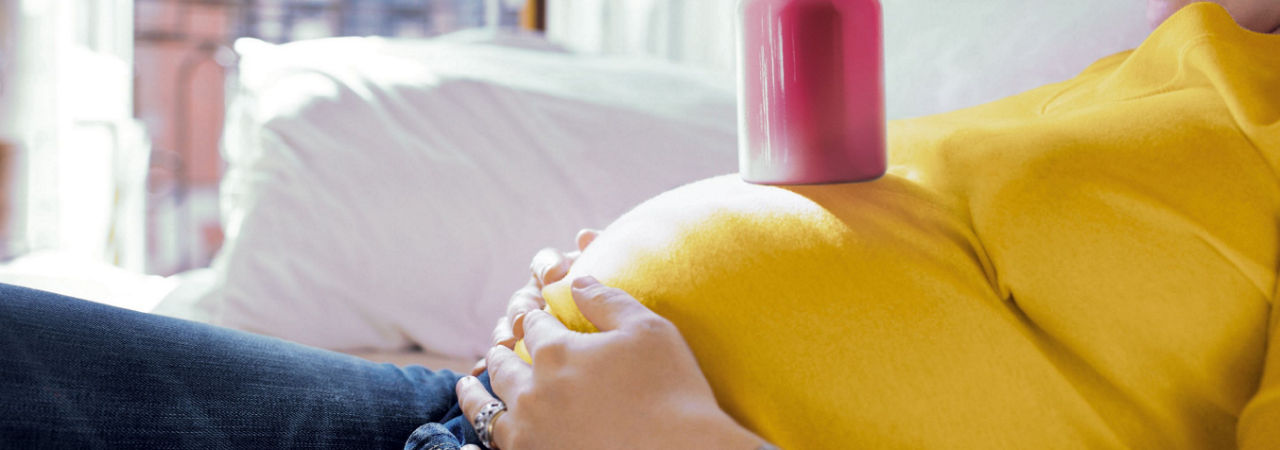Breastfeeding is the best for babies and a healthy diet / maternal nutrition is important when breastfeeding. A decision not to breastfeed can be difficult to reverse. Infant formula is suitable from birth when babies are not breastfed. It is recommended that all formula milks be used on the advice of a doctor, midwife, health visitor, public health nurse, dietitian, pharmacist, or other professional responsible for maternal and child care and the financial implications should be considered. All preparation and feeding instructions should be followed carefully as inappropriate preparation could lead to health hazards.
How To Reduce Phlegm In Babies?

Specialists
Liew Woei Kang answered:
"Sounds like a feeding issue. Some babies drink very quickly so much so that their breathing and swallowing are incoordinated. This result in choking, coughing and/or spluttering whilst drinking milk. This would irritate the voice box, nasal mucosa and result in phelgm and nasal congestion. Spitting out milk may be due to overfeeding or regurgitation, but again this would irritate the voice box or back of the throat resulting in more phelgm. Treatment depends on the cause, so see your doctor if the problem persists. The advice is kept general and not a substitute for a consultation. Kindly consult your doctor or paediatrician as a detailed history and examination is important to come to a diagnosis and treatment plan."

Most Loved Answer
Minieyap78 answered:
"Its ok to give him the saline drop as prescribed by doc. It will loosen the mucus n makes it easier for him to breathe too. If your bb is on bm, then u need not worry that it will worsen his phlegm. This is because bm is thin n not "heaty" per se. Try to put something below his mattress to alleviate his head a bit too make him sleep more beter. Let him drink slowly. Hope this helps."

Careline
Roxanne answered:
"Thanks for your question! Our Healthcare Expert will be answering some questions every week but in the meantime, here's a little tip from our Careline: It is normal for babies to have phlegm which is a natural expectorant with a protective function against cold and other infection. Here are some tips which may help: 1) Moisture in the air can make it easier for a baby to cough up the mucus or cope with the drainage. A cool or warm mist humidifier can be placed in the room with a baby to provide more moisture to the air. 2) Run a hot shower for a few minutes to make the bathroom steamy. Sit in the bathroom with child for a while.The vaporizing steam will help loosen the mucus in the nostrils. (Be wary of the hot shower water and do not go too near it). 3) Various essential oils can be used to thin mucus and make breathing easier. These should not be ingested by a baby unless specific instructions are given by a health care professional or qualified herbalist. Placing eucalyptus, peppermint or spearmint oils into a humidifier or running shower can create soothing vapors the baby can inhale to improve."

Ask Our Careline
Whatever’s on your mind, we’re here to help



